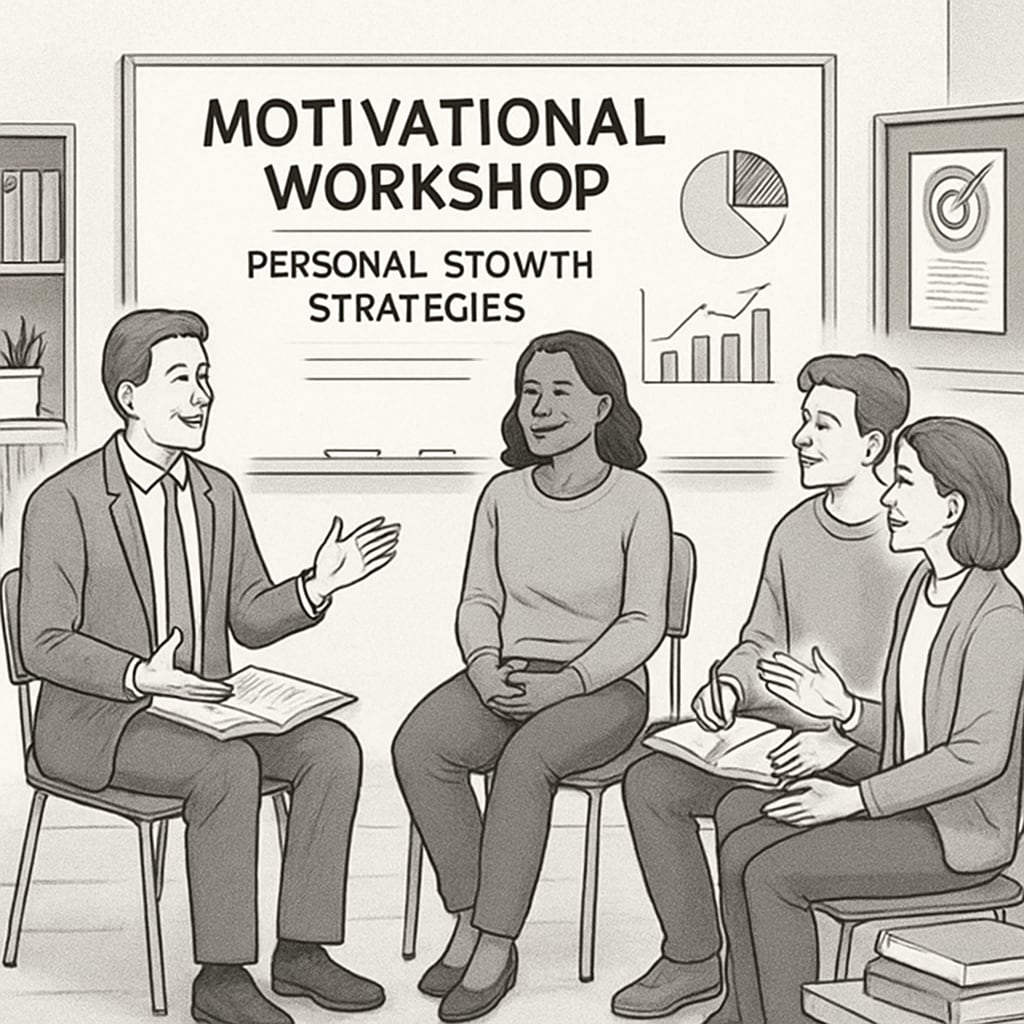For many students, earning a high school diploma represents a significant milestone. However, some graduates holding a modified high school diploma may feel regret about their academic journey and wonder if opportunities for change still exist. The good news is that a modified diploma does not have to define your future. By understanding the implications of this academic achievement and exploring paths for personal growth, it is possible to turn regret into a stepping stone for success.

Understanding the Modified High School Diploma
A modified high school diploma is typically awarded to students who complete an adapted curriculum that differs from the standard graduation requirements. While this diploma acknowledges the graduate’s efforts, it may not always carry the same weight as a standard diploma in academic or professional settings. For example, some colleges or employers may view it as less competitive, which can lead to frustration or regret for the holder.
However, it’s essential to remember that a modified diploma reflects the unique challenges and circumstances many students face. Whether due to learning differences, personal hardships, or other factors, this credential is still a testament to perseverance. Understanding its value is the first step toward rebuilding your confidence and exploring new opportunities.
Why Regret Happens, and How to Address It
Regret often stems from comparing oneself to others or feeling limited by perceived barriers. For modified high school diploma holders, this might include missing out on college admissions, certain job opportunities, or societal expectations. But regret doesn’t have to be permanent. Here’s how to address it:
- Reframe Your Experience: Acknowledge the effort and resilience it took to earn your diploma. Reflect on the skills and lessons you gained along the way.
- Identify Your Goals: Clearly define what you want to achieve, whether it’s higher education, a specific career, or personal development.
- Seek Support: Connect with mentors, counselors, or support groups who can offer guidance and encouragement.
Remember, regret can be a catalyst for growth. By shifting your mindset and focusing on what you can control, you open the door to new possibilities.

Pathways to Change and Growth
For those seeking to overcome the limitations of a modified high school diploma, there are several actionable paths to consider:
- Earn a GED or Equivalent: The General Educational Development (GED) test offers an opportunity to earn a credential equivalent to a standard diploma. This can enhance your qualifications for college or employment.
- Pursue Higher Education: Many community colleges and trade schools accept students with modified diplomas. These institutions often provide flexible pathways to additional certifications or degrees.
- Focus on Skill Development: Short-term training programs, online courses, and apprenticeships can help you build marketable skills in specific industries.
- Explore Alternative Routes: Some employers prioritize experience and technical abilities over formal education. Volunteering or internships can provide valuable experience and open doors to new careers.
Education systems are becoming more flexible, recognizing that learning is a lifelong endeavor. For example, many institutions now offer online learning platforms to help individuals upskill at their own pace. By taking advantage of these resources, you can rewrite your narrative.
Embracing Lifelong Learning
Lifelong learning is more than a buzzword—it’s a mindset that empowers individuals to continuously acquire knowledge and skills. For those with a modified diploma, embracing this philosophy can be transformative. Here are some key benefits:
- Increased Confidence: As you acquire new skills and achievements, your self-esteem will grow.
- Expanded Opportunities: Lifelong learning can open doors to career advancement and personal fulfillment.
- Adaptability: In a rapidly changing world, staying curious and adaptable ensures you remain relevant in your field.
For inspiration, consider stories of individuals who overcame educational setbacks to achieve remarkable success. Their journeys prove that with determination and the right resources, your starting point does not determine your destination.
Conclusion: While holding a modified high school diploma may initially feel like a limitation, it is important to remember that your future is not set in stone. By addressing feelings of regret, setting clear goals, and embracing lifelong learning, you can transform your circumstances and create a fulfilling path forward. Your diploma is not the end of your story—it’s just the beginning.


